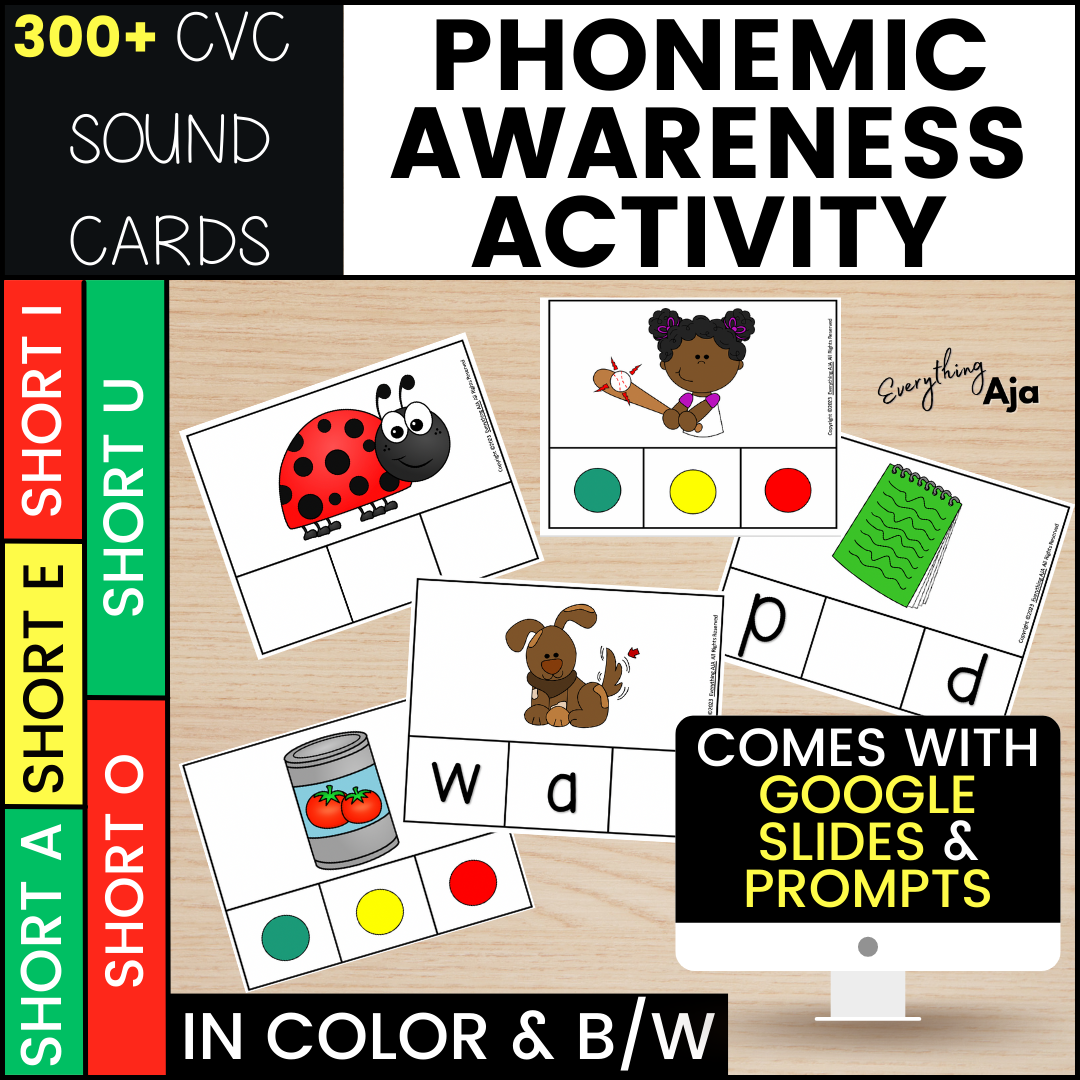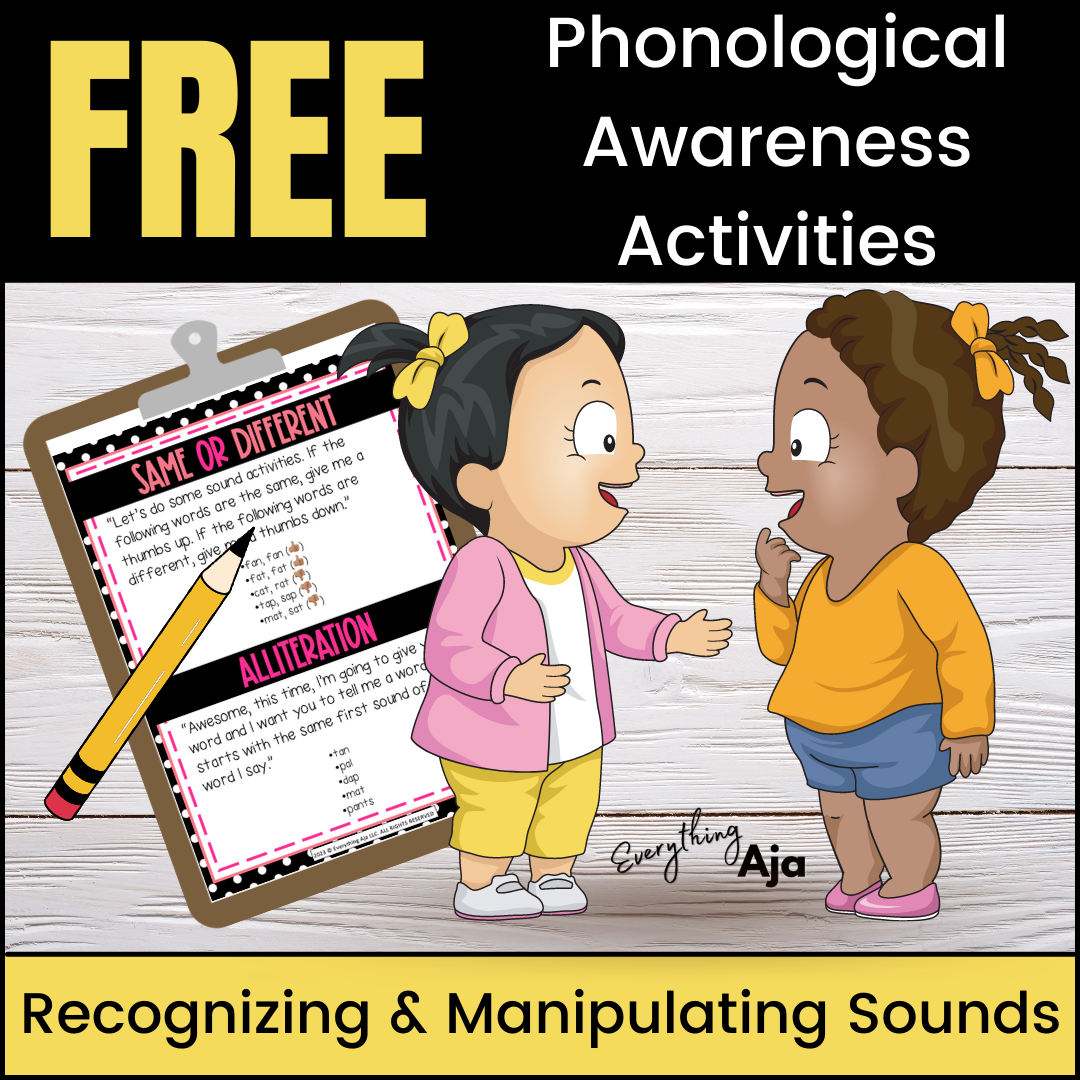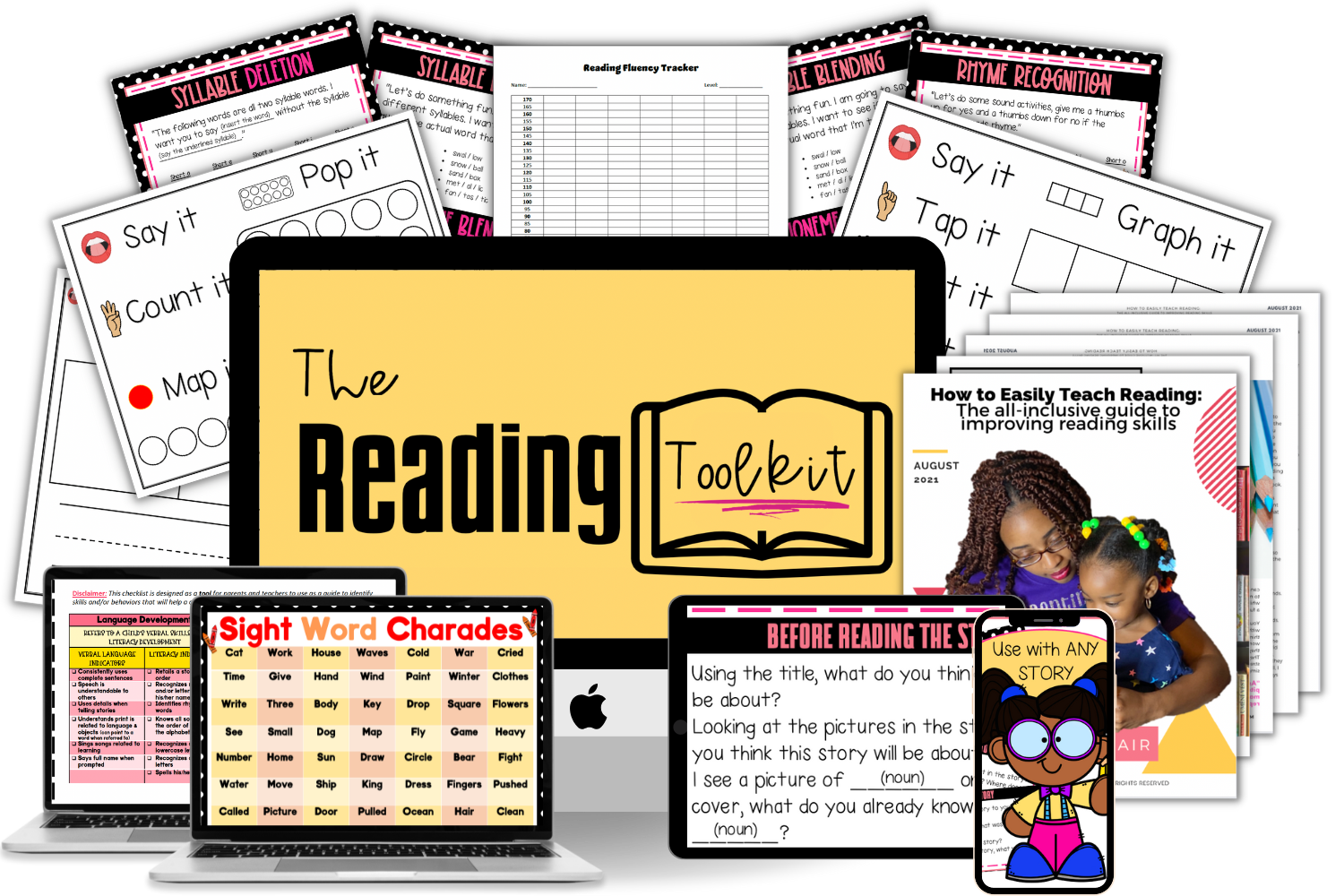Phonemic awareness 101: What is it and why is it important?
May 03, 2023By Aja McNair
Phonemic awareness is a crucial aspect of early childhood literacy development. It refers to the ability to recognize and manipulate the individual sounds (phonemes) in spoken words. This foundational skill is essential for learning how to read and write.
Children who have phonemic awareness skills can identify and distinguish the sounds in words, which leads to improved reading fluency and comprehension. Without this skill, children may struggle with decoding words, and as a result, their reading development may be delayed.
Here are some reasons why phonemic awareness is important:
-
Essential for Reading: Phonemic awareness is the foundation of reading. When children learn to recognize and manipulate phonemes, they can break words down into smaller parts and understand how sounds blend together to form words. This ability helps them decode and read unfamiliar words, which is essential for reading success.
-
Improves Vocabulary: When children are aware of the sounds in words, they are more likely to learn and remember new words. They can use their phonemic awareness skills to identify the sounds in a new word, which can help them remember the word more easily.
-
Helps with Spelling: Phonemic awareness also helps with spelling. When children can identify the sounds in words, they can spell words phonetically. This skill is especially helpful for children who struggle with memorizing spelling rules.
-
Early Identification of Reading Difficulties: Phonemic awareness is a crucial skill for identifying children who may have reading difficulties. If a child struggles with phonemic awareness, it may indicate that they are at risk for reading difficulties. Early identification can lead to early intervention, which can improve a child's reading outcomes.
-
Enhances Speaking and Listening Skills: Phonemic awareness also helps children with their speaking and listening skills. When children are aware of the sounds in words, they can more accurately pronounce words and understand the meaning of what they hear.
Now, when it comes to teaching phonemic awareness, you want to make sure you have a daily routine of teaching phonemic awareness skills. Having a phonemic awareness activity can help you teach children how to manipulate sounds.
Phonemic awareness sound cards are a powerful tool for teaching phonemic awareness. These cards can help children to identify, recognize, and manipulate individual sounds in spoken words. They are colorful, easy to use, and contain pictures or symbols that represent the sounds. They include step-by-step directions with a progression of mastery.
In addition to actual phonemic awareness CVC sound cards, phonemic awareness prompts can help you verbally help children manipulate sounds.
Whether it's identifying rhyming words or segmenting syllables, these phonological awareness listening activities will help your children develop their language skills in a fun and interactive way. With a variety of phonological awareness activities to choose from, you can mix and match to keep your children engaged and entertained.
If you think these FREE phonemic awareness prompts are amazing, then you will love my FREE Reading Toolkit. The Reading Toolkit is the only FREE resource that helps you to teach all 5 components of your reading instruction WITHOUT ever feeling overwhelmed. This FREE Reading Toolkit helps you teach structured literacy and so much more by helping you teach Phonological Awareness (sounds), Phonics (connecting letters with sounds), Vocabulary (automaticity of words), Fluency (rate and accuracy of reading words),and Reading Comprehension (understanding what stories mean).
In conclusion, phonemic awareness is a vital skill for early childhood literacy development. It is the foundation of reading, helps with spelling, improves vocabulary, and enhances speaking and listening skills. By developing phonemic awareness skills, children can become successful readers and writers. Teachers and parents can help children develop these skills through various activities, such as word play, phonemic awareness games, and rhyming activities.
Lessen your stress by downloading my FREE Activity guide that features 3 activities that you can use with any lesson, standard or skill. In this FREE ebook, you will also get my FREE School Charades Icebreaker game.





